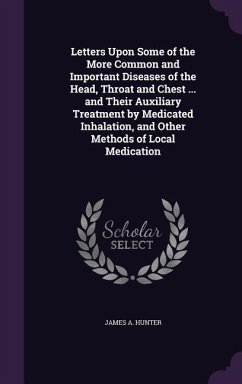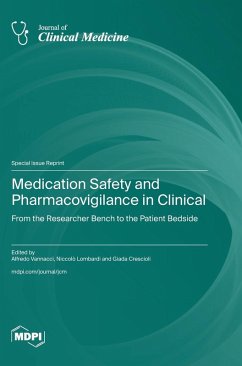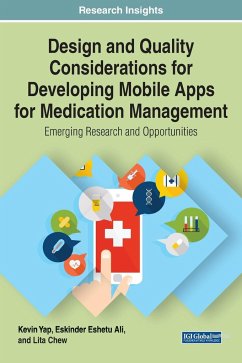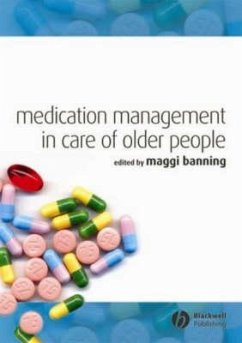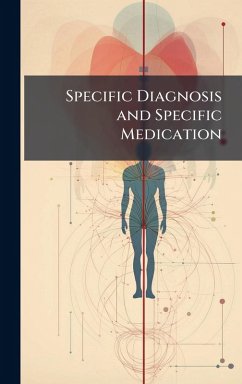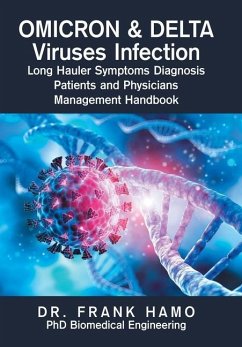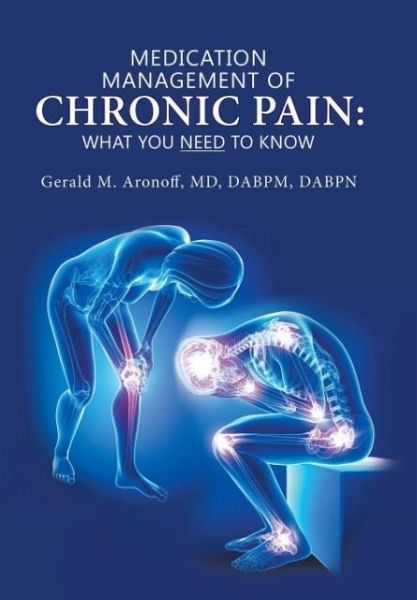
Medication Management of Chronic Pain
What You Need to Know
Versandkostenfrei!
Versandfertig in über 4 Wochen
61,99 €
inkl. MwSt.

PAYBACK Punkte
31 °P sammeln!
This book is meant to meet the needs of people with chronic pain, their families and significant others who need to understand important facts and concepts about pharmacological (medication) management of chronic pain. Its orientation is to provide the reader with practical and clinically useful information in a format that will allow rapid processing of the information to assist in rational decision making. The book is not meant to be a comprehensive research compendium, nor does it emphasize basic science research so important as a precursor to clinical drug trials. Good pain management requ...
This book is meant to meet the needs of people with chronic pain, their families and significant others who need to understand important facts and concepts about pharmacological (medication) management of chronic pain. Its orientation is to provide the reader with practical and clinically useful information in a format that will allow rapid processing of the information to assist in rational decision making. The book is not meant to be a comprehensive research compendium, nor does it emphasize basic science research so important as a precursor to clinical drug trials. Good pain management requires a partnership between you, the patient, and your treating physician. Therefore, my hope is that many physicians and other healthcare providers will benefit from reading this book. It is essential that you know as many facts as possible that are likely to shape your physicians decision making. Therefore, I wrote this book as a sequel to The Handbook on the Pharmacological Management of Chronic Pain written for physicians and other pain clinicians to assist them in their decision making. I wrote the book at a level that may be somewhat difficult for some non health care providers because of a vocabulary that often may be more technical than your usual reading. None the less, because some of you may have difficult chronic pain problems or have family members or friends with such problems I chose to cover each topic in a thorough rather than cursory fashion. Whenever possible, I discussed or defined medically technical terms to assist you.



